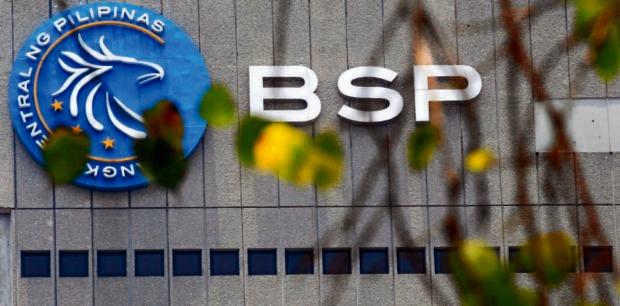The Bangko Sentral ng Pilipinas (BSP) is expected to keep its ultra-tight monetary policy settings unchanged today after fresh data showed inflation had sizzled for the second month in March due to costlier food and transport costs.
The Monetary Board, the highest policy-making body of the BSP, will likely take a cautious stance at its meeting in the afternoon to avoid upsetting inflation expectations, analysts at Chinabank said in a commentary.
“The BSP will likely remain cautious still, especially in light of upside risks such as the recent rise in global oil prices,” Chinabank said.
“We expect the BSP to hold its policy rate at its meeting [on April 8], with the fourth quarter of 2024 as the likely start of monetary easing,” it added.
Inflation, as measured by the consumer price index (CPI), bolted 3.7 percent year-on-year in March, beating the February reading of 3.4 percent.
Despite the uptick, average price increases managed to stay within the 2 to 4 percent target band of the central bank for the fourth straight month, although the figure inched closer to the upper limit.
24.4% rice inflation
Rice, a staple food for Filipino households, was mostly responsible for the faster inflation in March. Data showed that rice inflation had soared to a 15-year high of 24.4 percent last month, which state statisticians attributed to stubbornly high global prices of the key commodity.
The BSP said inflation could temporarily accelerate above the target range in the next two quarters due to adverse weather conditions that may curb domestic agricultural output, alongside base effects.
Aris Dacanay, economist at HSBC Global Research, also believes that the central bank would keep rates unchanged, adding that easing demand-side inflation would lessen the need for any adjustments.
“This showcases that monetary policy is in the works and that there is no impending need for the BSP to raise policy rates further. That said, we expect the BSP to keep policy rates unchanged in the rate-setting meeting,” Dacanay added.
Meanwhile, Japanese investment bank Nomura said legislated wage increases pose some upside risks this year.
“When combined with prospects of supply-side constraints pushing headline inflation higher, faster wage growth might lead to greater second-round effects when the growth outlook is also improving,” Nomura wrote in a commentary.
“In line with the trajectory implied in our new inflation forecasts, we push out the start of BSP’s cutting cycle to October (from August), when we expect inflation to be back within BSP’s target more clearly,” it added.
